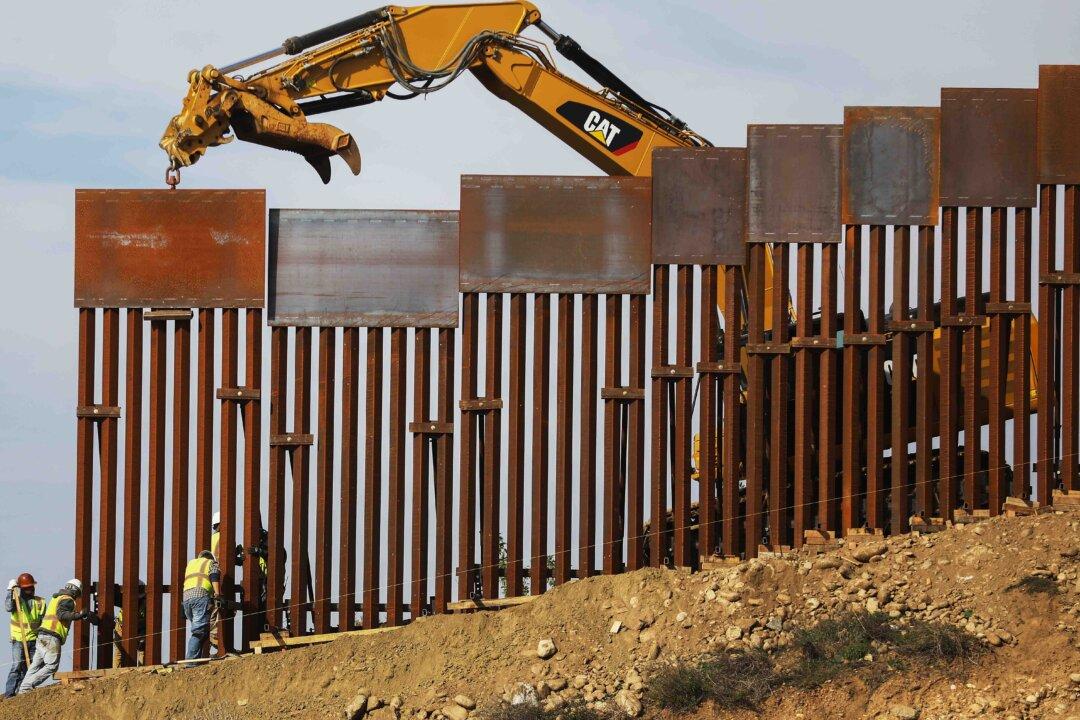MONTGOMERY—Alabamians would be able to donate part of their state income tax refunds to help build a wall on the U.S. border with Mexico, according to a bill the state Senate advanced Thursday, March 21.
Senators voted 23-6 Thursday to approve the bill that would allow residents to check a box on their state income tax form and donate to We Build The Wall Inc., a nonprofit started by a veteran. According to the group’s website, the organization is focused on privately building portions of a border wall with Mexico.





